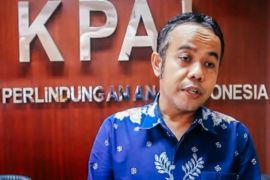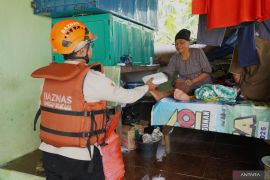"The management of human resources must be centralized. The central government must manage this so that it can distribute doctors to any place," IDI Chairman Mohammad Adib Khumaidi remarked in a talk show at the Antara Heritage Center here on Thursday.
He drew attention to the fact that the total number of doctors in Indonesia is considered insufficient to provide health services for all Indonesians.
Moreover, he pointed out that while drawing a comparison between one region and the other, the distribution of doctors is not equal.
"In terms of the number, there is a problem in the eastern region of Indonesia. With the (target) ratio of one doctor per one thousand citizens, the proportion of doctors in the eastern part is very insufficient," he explained.
According to Khumaidi, this is influenced by the region's economic level wherein regions with a more developed economy tend to have more doctors.
Hence, Khumaidi encouraged the government to develop strategic policies for managing human resources in the healthcare sector that prioritize quantity and equal distribution to the regions.
"Indonesia is an archipelagic country, so taking a strategic policy in health worker management is not only about the number but is also related to the distribution problems as well," he remarked.
Furthermore, he emphasized that centralized management must also fulfill the welfare of doctors and other health workers wherever they are placed.
"The most important aspect is how doctors and medical personnel in the region get their rights, including career paths and welfare," Khumaidi stressed.
Related news: Most doctors reside in western Indonesia, says IDI
Related news: Harganas momentum to build resilience through family health: IDI
Translator: Farhan N, Kenzu
Editor: Azis Kurmala
Copyright © ANTARA 2024












